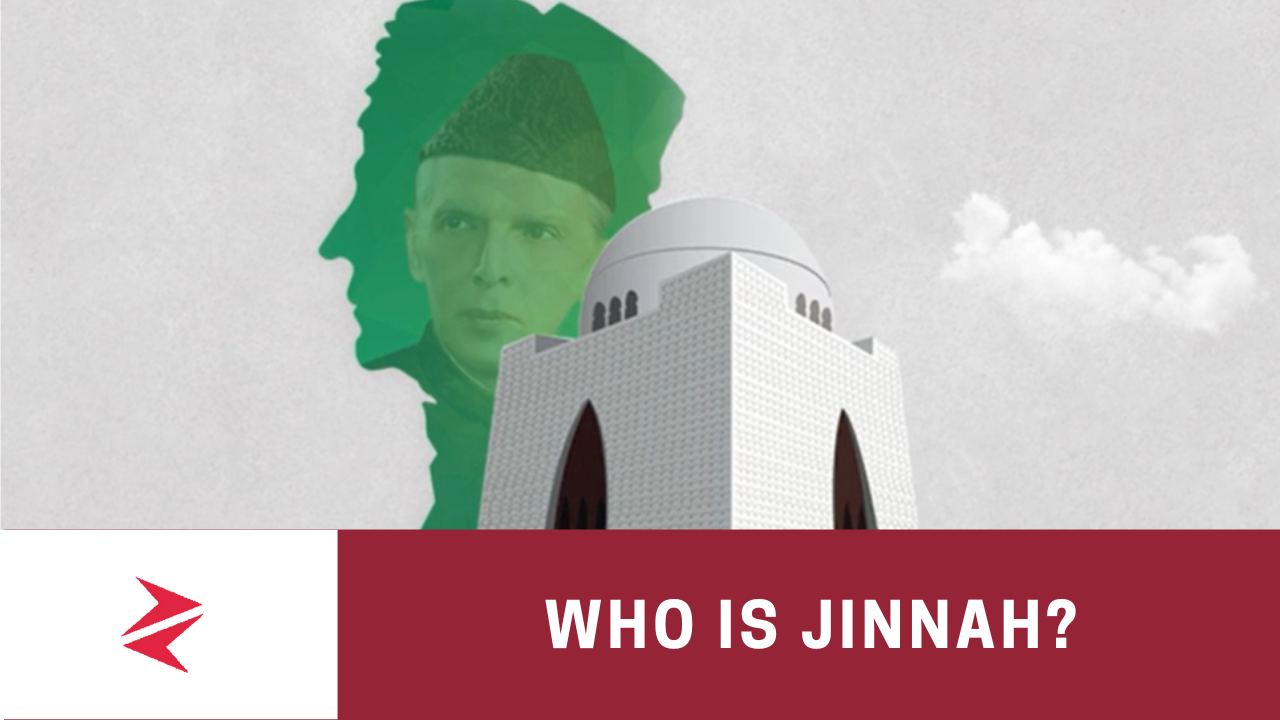The details of Jinnah’s family background and character are as mysterious as his political motivations and success. Born into a merchant family of recent converts to Islam in Karachi, little is known about his early life. Even his birth date remains uncertain, though he always maintained it was on Christmas Day, 1876. Throughout his life, Jinnah remained distant and inscrutable, rarely revealing his true self in public or private settings. The final Viceroy of India, Lord Mountbatten, found greater comfort in the sociable Jawaharlal Nehru, Jinnah’s leading Congress Party adversary, than in Jinnah. Their meetings early in April 1947 were often frustrating, leading Mountbatten to describe Jinnah as a “psychopathic case” after one seemingly unresponsive discussion.
At the age of sixteen, Jinnah’s father sent him to London to study law at Lincoln’s Inn, where he deeply immersed himself in his studies. During this time, he met several Indian politicians, including Dadabhai Naoroji, a prominent member of the Indian National Congress. Jinnah’s exposure to English customs and belief in the effectiveness of parliamentary democracy became his political trademarks.
After returning to India in 1896 as a qualified barrister, Jinnah faced three challenging years before establishing himself as Bombay’s leading Muslim lawyer. Only after securing his legal career did he enter politics. His initial foray was as private secretary to Dadabhai Naoroji during the 1906 Calcutta session of the Congress. Jinnah built crucial connections, particularly with influential leaders like Gopal Krishna Gokhale, and emerged as a prominent Muslim figure in the Congress, often regarded as a future leader.
